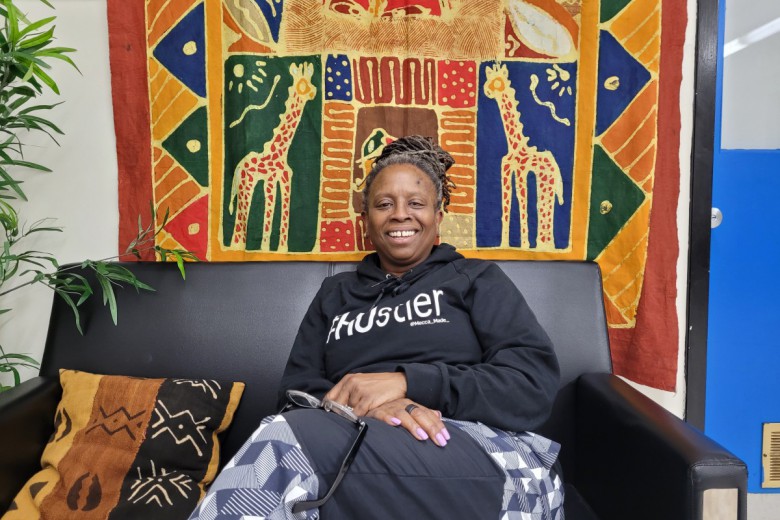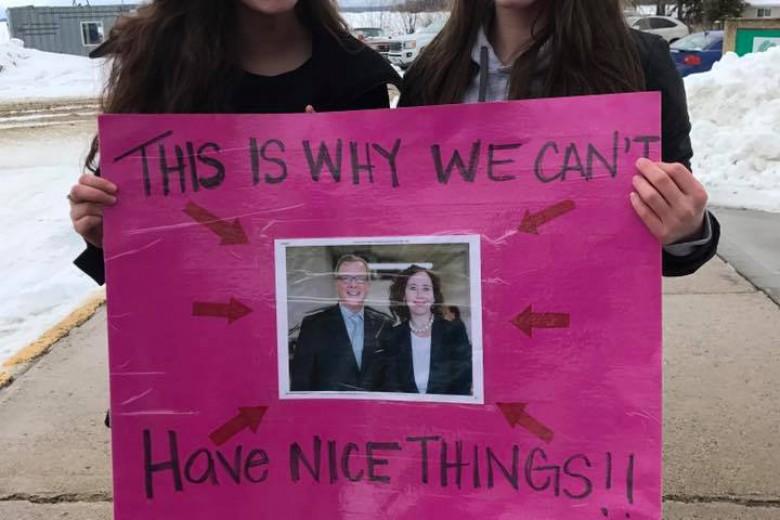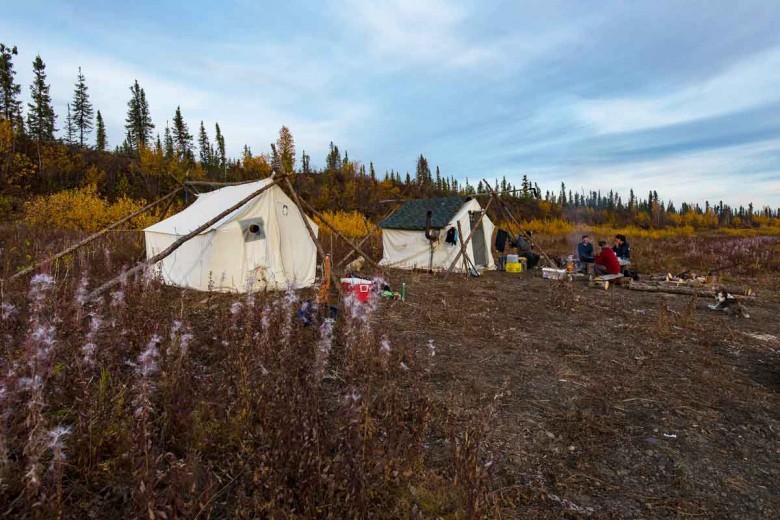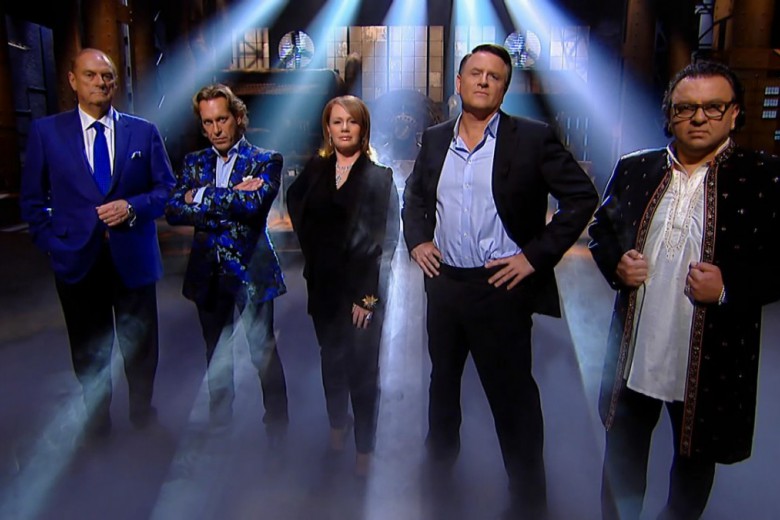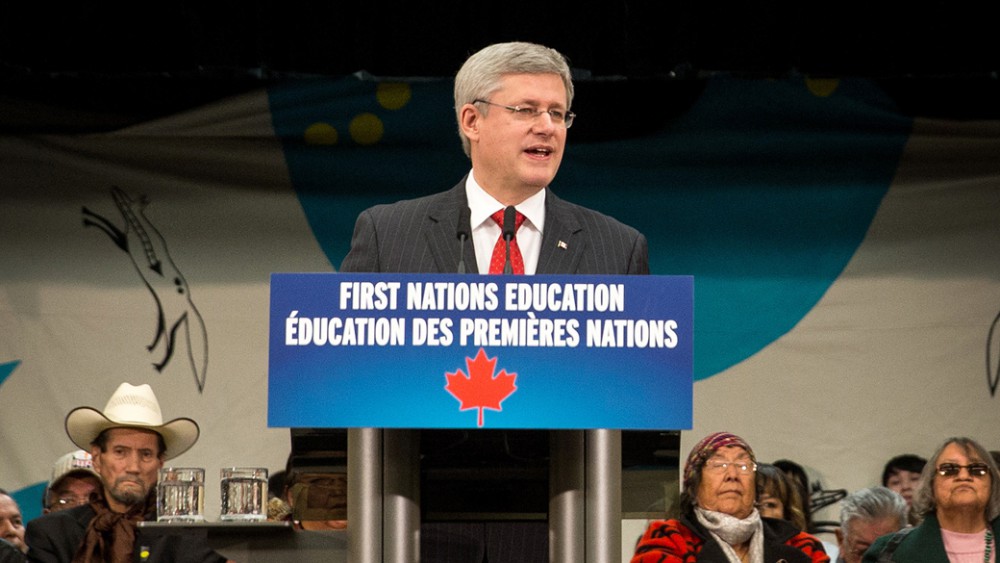
“It may seem perverse to suggest that the national goodwill is itself a source of problems for Aboriginal people. But claims to sympathy and recognition can entail misrecognition and authoritarian solutions.” – Gillian Cowlisha
In a recent classroom discussion, one of my students emphatically declared: “Teachers need to understand that because of residential schools, Aboriginal peoples don’t know how to be parents.” This was not the first time I had heard comments about the deficiencies of Indigenous peoples being cited in the context of a supposedly progressive conversation on residential schools. In such conversations, shows of empathy mask the underlying paternal racism. This is the outcome of an education about residential schools that presents Indigenous people as wounded and downtrodden, needing healing and interventions.
While violent colonial policy has had real and devastating consequences, attention must be given to how these consequences are often framed as individual pathologies and collective deficiencies, allowing settlers to assume the eerily familiar role of innocent do-gooders who simply wish to “help.” My own research, which examines the under-education and over-discipline of Indigenous students, demonstrates how individualizing the effects of residential schools paves the way for oppressive relations of superiority and inferiority in schools.
For example, educators working with Indigenous students are commonly perceived as heroic caregivers, an identity construction made possible only by casting Indigenous students and their families as lacking and unfit. This framing is often justified through an accompanying display of knowledge about residential schools and the havoc the system has wreaked. Not only does this approach erase the counter-narratives of Indigenous families who deeply value education, but it also allows schools to shift the blame of under-education onto “unsupportive” and “distrustful” Indigenous parents.
Schools can then deny that racism continues to shape the educational experiences of Indigenous youth. After all, if oppression is confined to residential schools and inequality is imagined as something in the past, then there cannot be any present-day perpetrators. Thus, we need to understand the effects of colonialism and the residential school system on non-Indigenous people to explain why Indigenous students today are commonly held to low expectations, over-disciplined, mistreated, labelled as at-risk or learning disabled, and streamed into substandard schools. It is because of colonialism that settlers come to know themselves as naturally dominant and innocent and Indigenous people as inferior. These identities hide the oppression in moves to “help” Indigenous people overcome their deficiencies.
We cannot stop teaching or talking about residential schools, but we must pay closer attention to the goals of this education and what the acquisition of historical knowledge is meant to accomplish. Indigenous researcher Martin Cannon points out that settlers often become confused and defiant when asked to acknowledge their own investments in colonialism. He argues this is upsetting to settlers who are “invested in seeing Canada as a fair, generous, and tolerant nation.” Recognizing this dominant refusal to know helps us understand the tendency to tread lightly in telling stories of colonialism, so as not to portray Canada’s foundation in an unfavourable light. It also helps us to understand how it is that settlers continue to be positioned as innocent do-gooders. The goal of learning about colonialism should not be to reinforce feelings of superiority in the dominant group, nor is the goal to invoke feelings of shame and guilt. At the same time, feelings of discomfort are inevitable when learning about one’s complicity in racism and colonialism. Such discomfort is necessary before one can begin to refuse participation in these systems of oppression.
As learners, we must embrace instead of dismiss uncomfortable knowledge that calls into question the framework of virtuous educators and troubled Indigenous students. We must pay attention to how assumptions of inferiority that justified residential schools continue to circulate today. All too often, Indigenous people are subjected to the practice of blaming the victim and left singularly accountable for the consequences of Canada’s ongoing colonialism. We must teach and produce knowledge that makes it possible for settlers to own responsibility for inequality and oppression. Ultimately, this knowledge must allow them to stand beside, instead of above, Indigenous people.
I would like to thank Dr. Verna St. Denis for her generous feedback on this piece.


